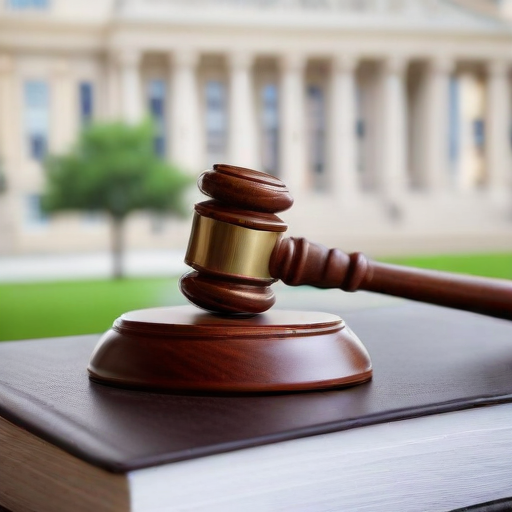President Joe Biden has granted a presidential pardon to his son Hunter Biden, who was facing sentencing in two criminal cases. This decision has sparked controversy, particularly since President Biden had previously indicated he would not pursue such an action. He contends that the charges against Hunter were politically motivated. This act falls in line with a longstanding tradition in American politics, wherein presidents from both parties have utilized their clemency powers to assist individuals close to them.
Hunter Biden was awaiting sentencing for two federal cases at the time of the pardon. In June, he became the first child of a sitting U.S. president to be convicted of a crime, related to his gun ownership. A Delaware jury found him guilty of three counts involving false statements about his drug use on a background check when purchasing a firearm. In addition, he had previously pleaded guilty to multiple tax charges, including failure to file and tax evasion, which spanned from 2016 to 2019. Experts suggested that, despite the serious nature of these charges, he was likely to receive shorter prison terms that could be served concurrently.
Under the U.S. Constitution, the president holds the authority to grant pardons for federal offenses, which can erase criminal records and restore rights, including voting and running for office. However, this power is limited to federal crimes and does not extend to impeachment cases. This development is particularly significant in light of former President Donald Trump’s legal challenges, as he will not have the ability to pardon himself for state-level offenses.
In response to Biden’s pardon, Trump criticized it as an “abuse and miscarriage of justice” and questioned whether Biden would also extend clemency to those involved in the January 6, 2021 Capitol riot. Trump has expressed his intention to offer pardons to those convicted in connection with that event, raising questions about how broadly pardons might be applied moving forward.
Historically, U.S. presidents have exercised their pardoning powers in various ways, with many choosing to grant clemency to individuals close to them or those they believe were unjustly treated by the legal system. The implications of Biden’s pardon for Hunter Biden may create further discussions about accountability, justice, and the political landscape in the United States.
In summary, while the decision to pardon Hunter Biden has generated significant debate, it also highlights the ongoing complexities of the U.S. justice system and the broader discourse around political influence and legal consequences. This situation presents an opportunity for reflection on the nature of pardons and their potential to foster understanding and healing in a divided political climate.
